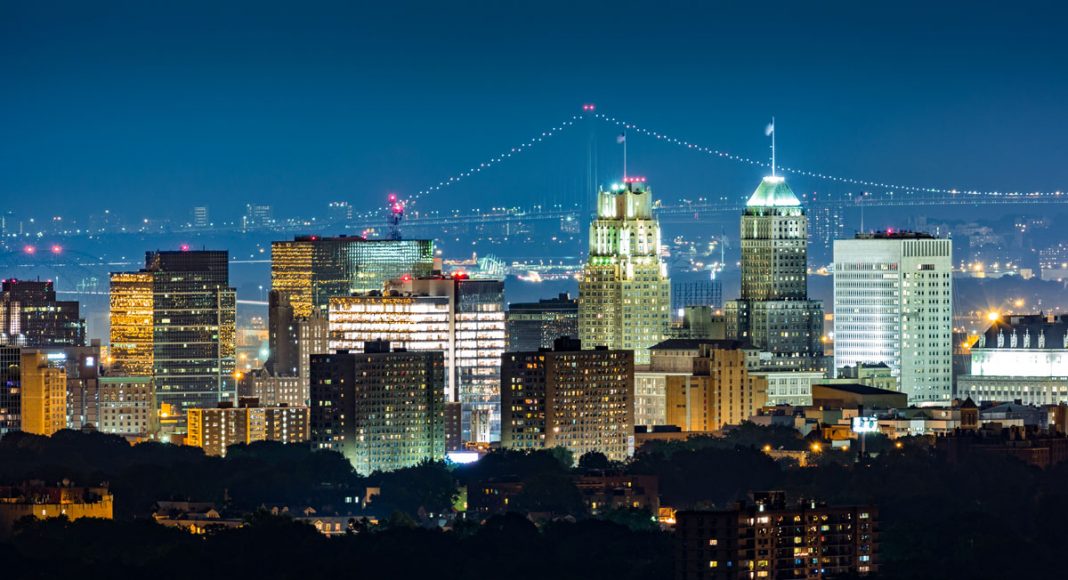As New Jersey Governor Phil Murphy (D) faces internal strife and significant delays in his efforts to pass legislation that would legalize recreational marijuana, growing opposition to legal weed among New Jersey towns and municipalities poses yet another threat to legalization efforts in the state.
As of December 2018, at least 50 NJ towns/municipalities have passed preemptive bans on legal marijuana and cannabis-related businesses, including bans on marijuana sales, manufacturing, and farming. The number of towns/municipalities that passed legal weed bans has grown from just under 40 in September 2018 to its most current count of 50+ published last month. Meanwhile, only four NJ towns have officially stated that they would welcome legal weed.
Interestingly, despite the still-growing number of towns that have either already passed or are planning to pass bans on legal weed, support for marijuana legalization among New Jersey residents still appears quite strong.
According to an October 2018 poll from the Rutgers University Eagleton Center for Public Interest, of the 1,006 adult New Jersey residents who participated, 58% said they either strongly or somewhat support marijuana legalization, while only 37% said they were opposed. In addition, 64% of participants said that a regulated and taxed cannabis industry would likely benefit New Jersey’s economy.
RELATED: What States Will Legalize Marijuana In 2019?
Another poll conducted in August 2018 from Quinnipiac University surveyed 908 New Jersey voters and found that 62% said they support the legalization of marijuana for recreational use in NJ, and 33% said they do not. Meanwhile, 50% also said they support the sale of legal marijuana in their community, while 45% said they would not.
So, if the majority of NJ voters do actually support marijuana legalization, then why are more and more towns/municipalities choosing to ban legal weed?
In Chatham Township, for instance, local government decided to ban legal weed because they feared its presence alone would upend the progress they have made in controlling widespread substance abuse and teaching addiction prevention. In other places, like Hawthorne, they opted to ban legal weed because of projected zoning issues surrounding the construction of dispensaries and/or cannabis businesses in the town.
Some communities, like Wyckoff Twp., justify banning legal cannabis simply using their belief that marijuana is a drug that is harmful, and that legalizing marijuana would increase its presence in their community exponentially, which would be a detriment to public health, safety, and welfare in the Township.
RELATED: New Jersey Is Linking Criminal Justice Reform With Marijuana Legalization
The growing number of NJ towns/municipalities banning legal weed even though the majority of NJ voters say they support marijuana legalization is the result of the “not in my backyard” phenomenon. Although the majority of NJ voters say they support legal weed, the growing number of communities opting to ban legal weed suggests that the majority of NJ voters’ ‘support’ for marijuana legalization is actually conditional on keeping legal weed and weed-related business out of their own communities.
Their fear? The construction and development of legal weed businesses to follow the passage of legalization will negatively affect their neighborhoods, local communities, and/or individual property values.
The “not in my backyard” phenomenon can become highly problematic for the fate of legal weed in New Jersey. If enough residents of enough towns in New Jersey refuse to accept weed-related construction/developmental projects in their own communities, then there will be no place for legal weed and related businesses to open, and therefore the entire cause for legal weed and the fight to legalize marijuana in New Jersey will have been for nothing.


